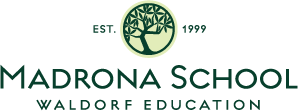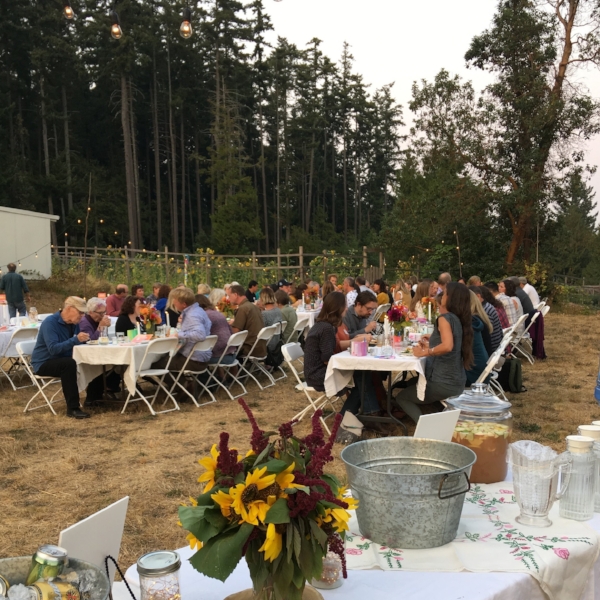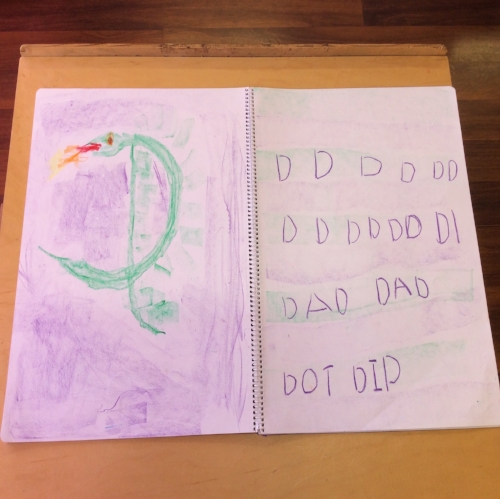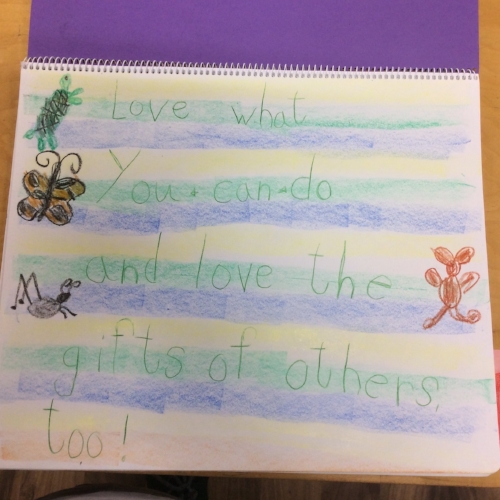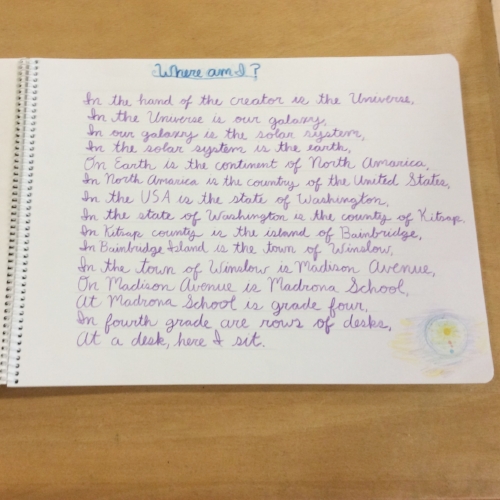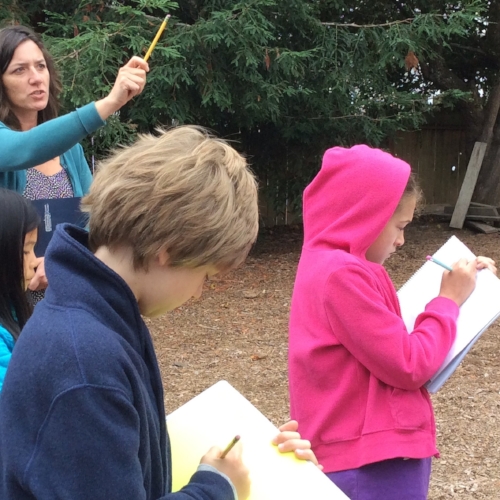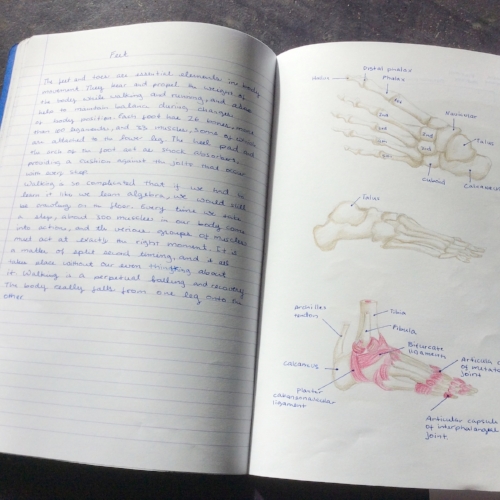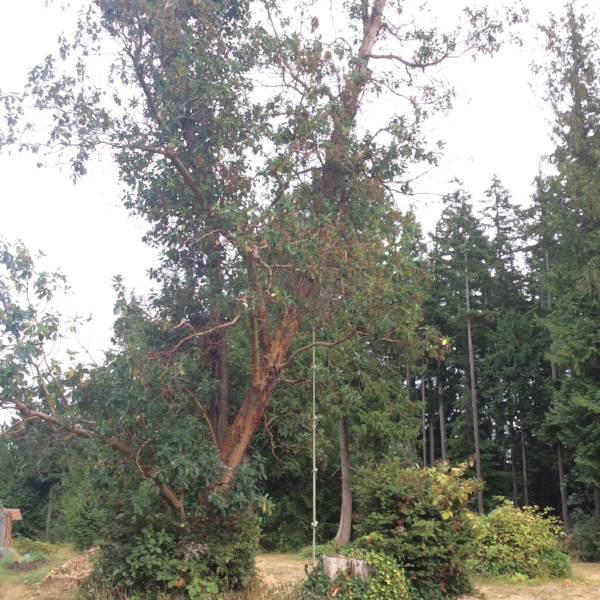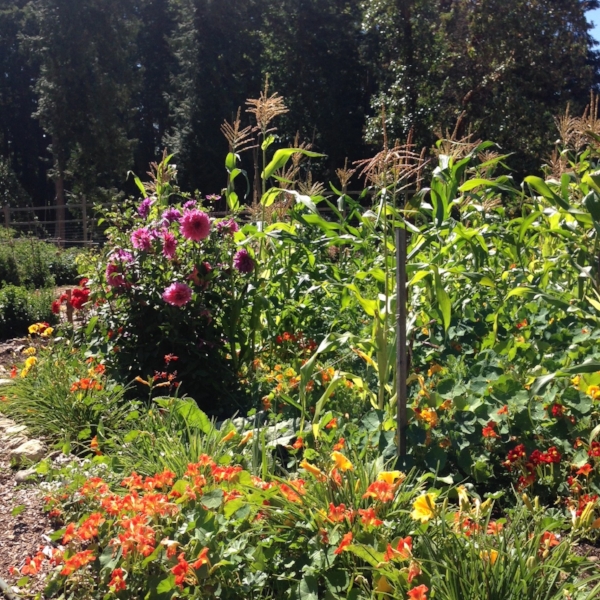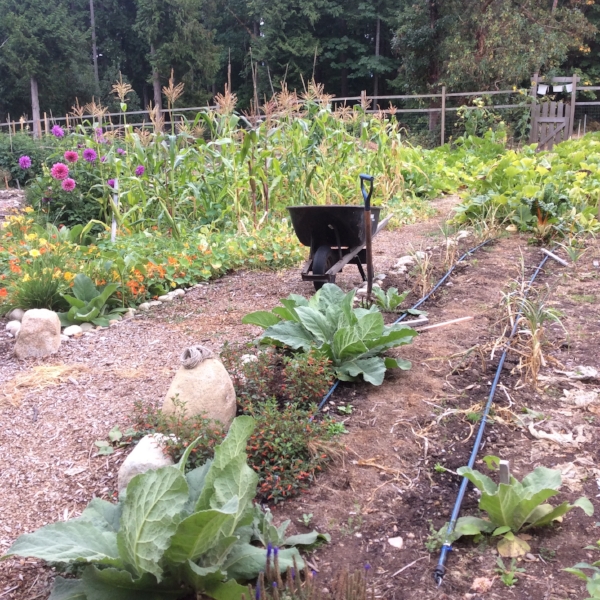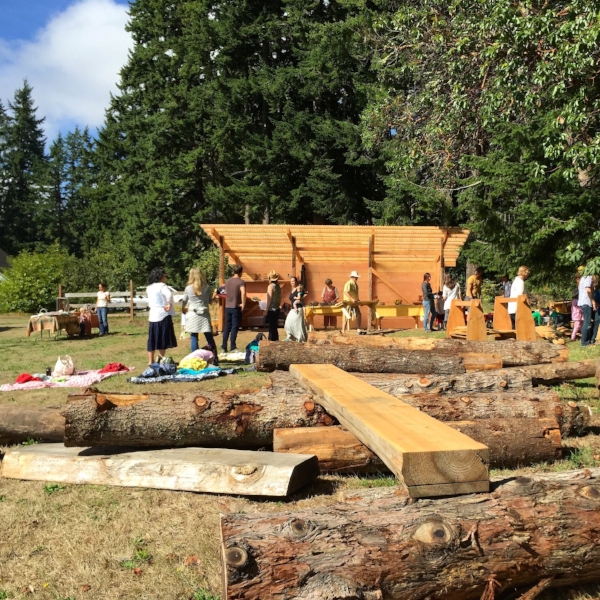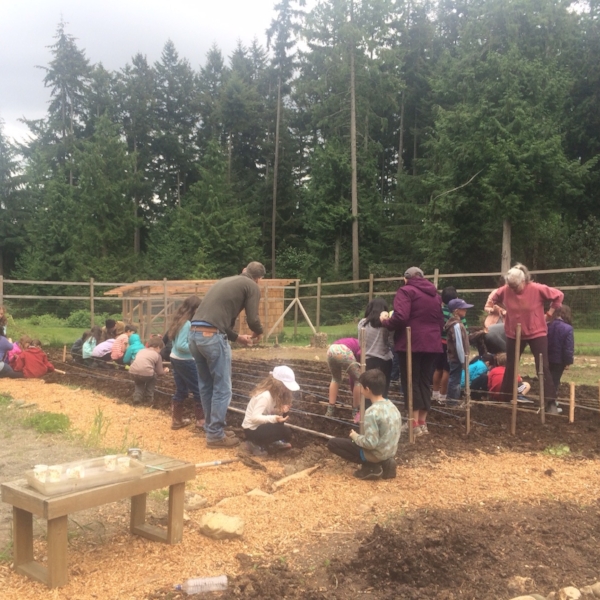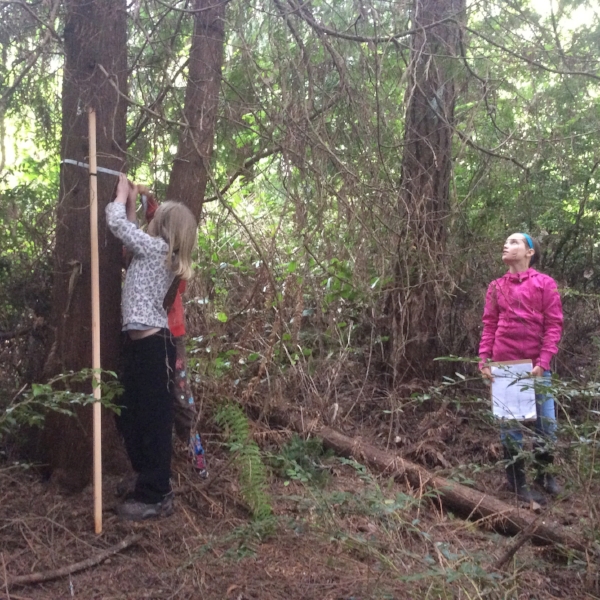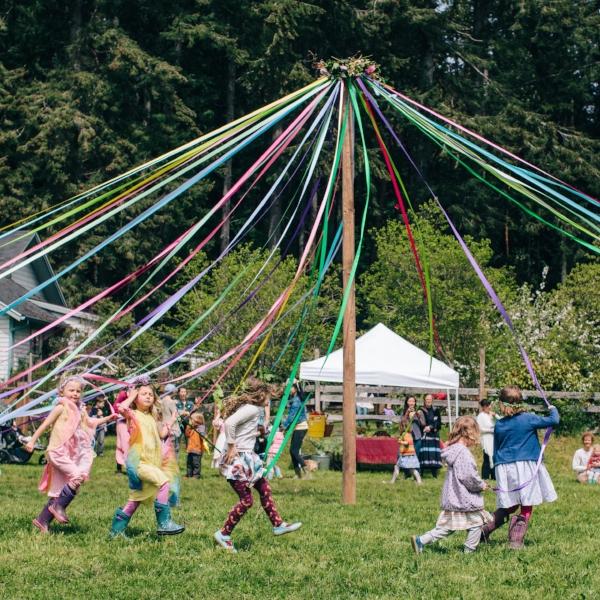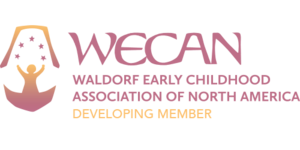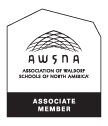It’s baking day in the preschool. Arriving at school, the children spy the familiar cloth-covered bowl on the table. Silky, elastic dough fills the bowl and a sweet, yeasty scent hangs in the air. As each child settles in, they see their teacher reach in for pieces of dough from the bowl. They delight in taking a place at the table and receiving their piece of dough, the only invitation they need to begin kneading and shaping their bun.
Meanwhile, the teacher sings:
Five hot buns in the bakery shop,
Big and round with honey on the top.
[Maggie] came along with a penny one day,
She bought a hot bun and she ate it right away!
The children love to hear their name in the song, and some sing out. They also join in enthusiastically when the teacher begins to chant “Pat a cake, pat a cake,...”, bringing a steady pounding rhythm to kneading dough.
When each child has kneaded and shaped their dough, and before they run off to play, they place the bun carefully on a baking sheet to finish rising. When all the children finish, the teacher slides the sheet into the warmed oven, and soon a delicious smell fills the room. Anticipation is a wonderful part of this bread day ritual, and the smell of baking bread signals the approach of the clean up song and snack time.
Finally, snack time arrives, the children waiting more patiently some days than others! On a chilly winter’s morning, the class gathers at their table indoors and lights a candle. On a a warm spring day they may walk to the park and sit together around a picnic table. In any case, the class gathers to eat their buns still warm from the oven -- made even sweeter with soft butter and jam or honey -- enjoying conversation and practicing table manners. As snack time ends, everyone washes dishes and play resumes.
Some children routinely tuck a bit of their bun in a napkin to take home, knowing a brother or sister, or a parent, would love a little taste of bread day.
